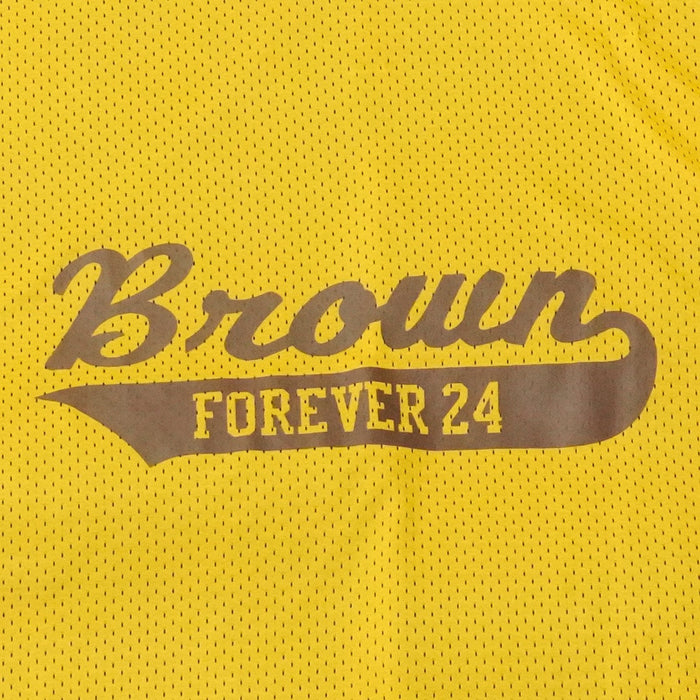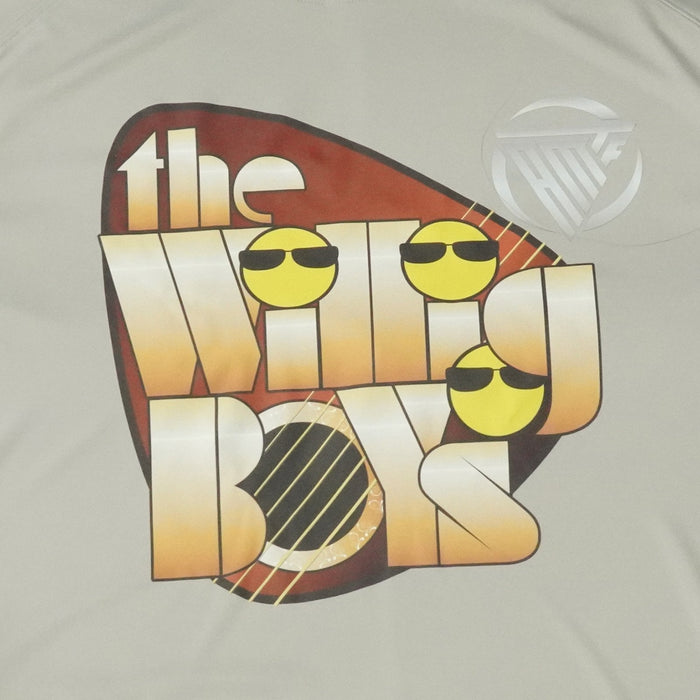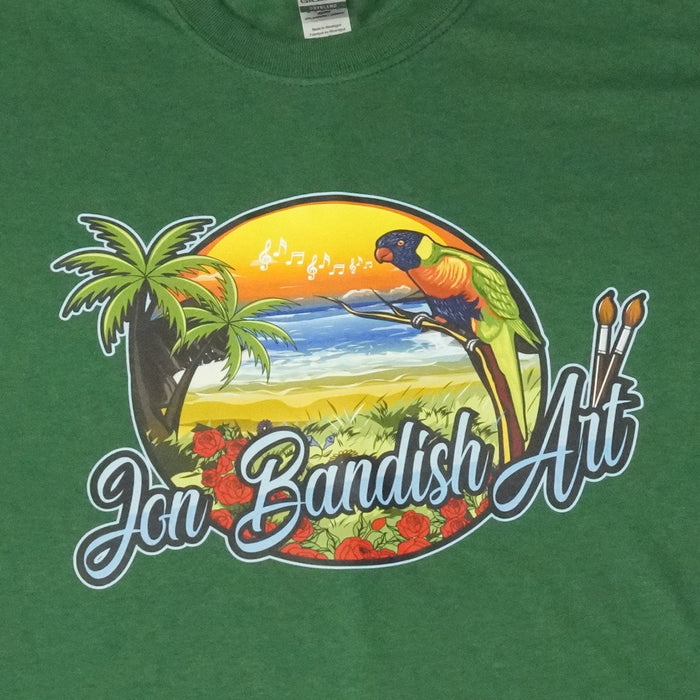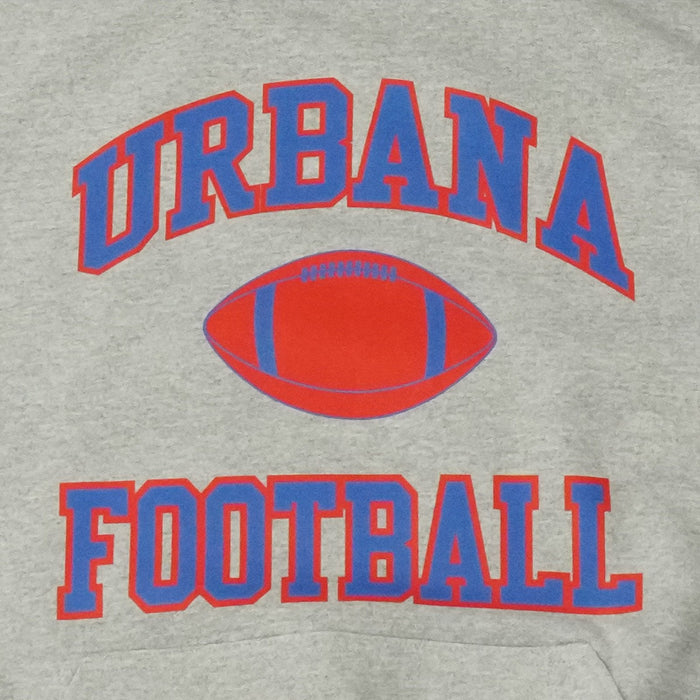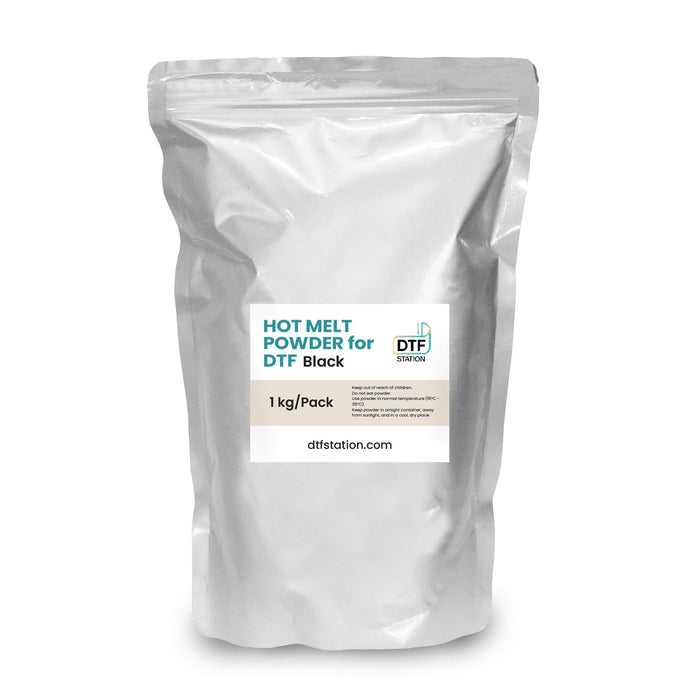
Discontinued - DTF Station Hot Melt Powder for Direct to Film - BLACK 1 KG
Hot Melt Powder Material Safety Data Sheet
What's the difference between white and black DTF powder, and when can black be better?
Formulated for use during DTG Transfer (DTF), DTF Station adhesive powder is a crucial part of any DTF printing pipeline. Cover your DTG Transfer media with this powder to allow for optimal press. Use for 100% cotton, polyester, nylon, and know it's something to DYE for
Features:
- After baking the powder, solid black
- Perfect for black garments
- Even and regular particles for quality graphics and great adherence
Benefits:
- Excellent bonding and flexibility when used with DTF inks
- Great washability
- Soft hand feel
- DTF (Direct To Film) products are great for almost all types of fabrics (including 100% polyester)
Sizes:
- 1kg
Instructions (for use with DTF Station Warm Peel film):
- Print the image onto the matte side of the film in mirror mode. (CMYK>>White Ink)
- Apply hot melt powder evenly and remove the excess powder. Use a Seismo Shaker unit - like the Seismo S20 - to apply powder with ease!
- Hover with a heat press to bake the hot melt powder (340°F, 5min). Or use a curing oven (300-315 °F, 1min).
- Transfer the image by heat press at 330°F for 15sec with medium pressure.
- After the first press,
Option 1: Wait for 4-6 seconds and remove the film gently
Option 2: Rub the top surface with a cloth to remove some heat and peel off the film gently - Heat press again at 330°F 5-10sec with medium pressure to enhance softer hand feel.
*This product has no affiliation with Epson and is not endorsed by Epson.
*Settings and directions to print DTF with your F2000/2100 using Garment Creator*
- The basic concept for DTF is to print CMYK first then WHITE on top of it. ALWAYS MIRROR YOUR IMAGE FIRST!
- Most of you will be printing onto standard A3 and A4 sheets. Utilize every inch of space as you can to save on time and cost of materials. We call that gang sheeting. One benefit of GC is that it allows multiple images to be uploaded at the same time for printing. Those who order Plastisol Transfers will already know this. The two most common platens I use are 10 x 12 (A2) and 16 x 20 (A3). I place the sheet towards the top middle as a guide and measure how much empty space I have on the sides and bottom because the sheets will be smaller than your platen. I use tape to hold in at least 2 corners to prevent the sheet from shifting while printing.
- Using GC for DTF is very much the same as with DTG. The only difference is you are reversing the cmyk/white color process and mirroring your image.
- If your image has black in it then click on Black Garment. That will prevent GC from printing black unnecessarily.
- For all other colors including white, use (Dark Color).
- After selecting the proper color choice, you need to tinker with your color and white levels. For me personally I use level 2 for color and level 1 for white. I leave ink density to zero. And make sure you leave enough time in between passes in Pause between Passes (sec). This is very important. I like to choose 30-60 seconds
- Under White Management it is very important to check “OFF” first before you print your CMYK pass. This will allow your color layer to go down first.
- After your color pass is done then you go back to white management and click “ON”. Be sure you have enough seconds in your “Pause between passes (sec)” or else your printer will print another CMYK pass right after your white pass. YOU DO NOT WANT THAT! So you MUST manually press cancel on your printer before it does so.
Unfortunately, Garment Creator was not designed for DTF so it is necessary to turn white on and off for every print you do.
WARNING
-
Powder should NOT be applied on the printer platen. It needs to be applied AWAY from the printer. Application near the printer increases the risk of printer damage if the printer "breathes" in the adhesive powder into the intake fan by the electronics near the back of the machine. Damage to the printer for inappropriate use may not be covered under warranty.
- Please wear Personal Protective Equipment (eyeglasses, mask, and gloves) when working with DTF products. The fumes from curing the powder can be hazardous.


